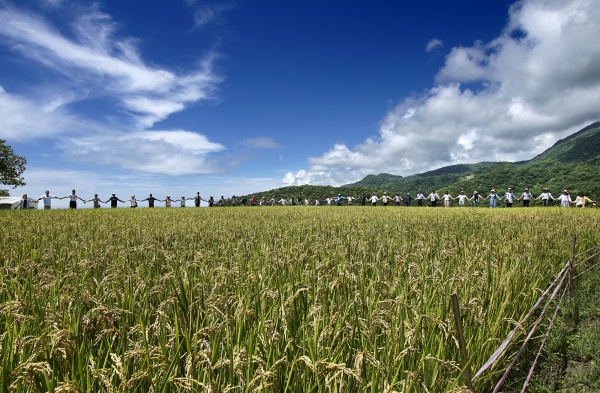IPSIの活動

IPSI協力活動
IPSI戦略及び行動計画生態系の回復に関する戦略目標4の実施:回復に向けた効果的な活動を推進するためのストックテイクとギャップ分析
Lead organization: Asian Development Bank (ADB)
Other participating organizations: United Nations Development Programme (UNDP); and the United Nations University Institute for the Advanced Study of Sustainability (UNU-IAS).
Background
- IPSI Strategy and Plan of Action 2023 -2030 (IPSI PoA) sets out “Ecosystem Restoration” as one of the strategic objectives to promote the restoration of SEPLS and contribute to the goals of the United Nations Decade on Ecosystem Restoration and relevant targets of the Kunming-Montreal Global Biodiversity By 2030, the strategy aims to conduct research to contribute to the restoration of degraded ecosystems through sustainable SEPLS management.
- For the effective implementation of the IPSI PoA, the IPSI Steering Committee (SC) endorsed the implementation structure of setting lead organisations in each strategic objective at its 21st ADB, a member of IPSI, was appointed to the lead organisation of this strategic objective.
Objective:
- The current proposal aims to promote collaborative research, peer-to-peer learning, and effective on- the-ground activities based on the stocktake of IPSI members’ and other major activities and gap
Activities:
- Understand members’ activities and key ongoing initiatives in restoring ecosystems in terms of objectives, activities, results, and gaps and further activities needed.
- Review reports and case studies published by IPSI, members’ activities, and others (e.g., international organizations, research institutes, universities, NGOs).
- Conduct a questionnaire survey, a focus group discussion and/or key informant interviews with IPSI members.
- Identify the most vulnerable ecosystems in terms of locations, types of ecosystems, status and trends of ecosystem degradation, affected populations, management actions taken to protect and restore concerned ecosystems, and gaps and further actions needed.
- Review the results and findings from the activity 1
- Conduct a literature review on ecosystem degradation, protection, and restoration as well as the impacts of ecosystem degradation on biodiversity and people. IPBES, GEF Satoyama Initiative, COMDEKS and others have done relevant analysis and we can build on those studies and assessment.
- (Optional) Conduct detailed analyses as a pilot with a focus on a few countries, using modeling analyses, including geospatial analysis with remote sensing and GIS, to assess the status and trends of the most vulnerable ecosystems, identify priority and potential interventions to maintain and enhance the health of ecosystems, and estimate the effectiveness of such interventions in restoring.
- Recommend further activities and actions required for protecting and restoring the most vulnerable ecosystems based on the results and findings from the above-mentioned activities 1-3.
Expected outputs:
- A technical report with the findings and recommendations
- Presentation summarizing major results and next steps
Implementation arrangements:
- ADB and IPSI Secretariat will co-lead the study in cooperation with FAO and
- ADB will mainly focus on the Asia-Pacific region while IPSI Secretariat can cover other
- IPSI Secretariat leads consultations and meetings with IPSI members, and ADB contributes to the consultations/meetings.
Monitoring and reporting:
The status of activity implementation is monitored through regular progress reports (Annex 1).


